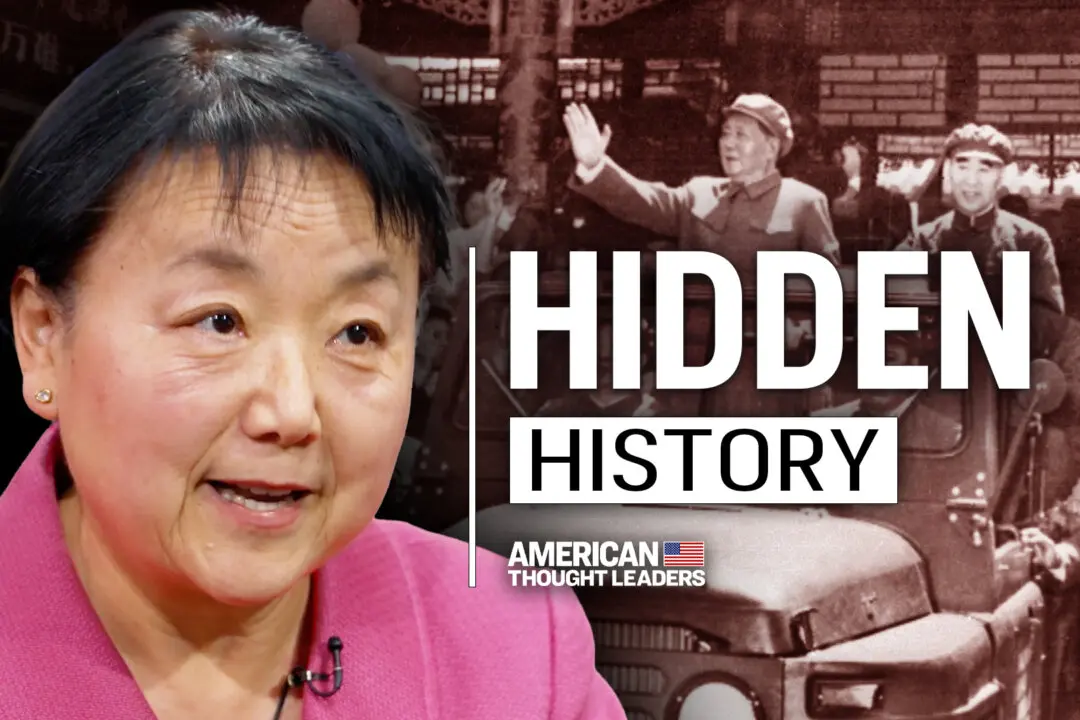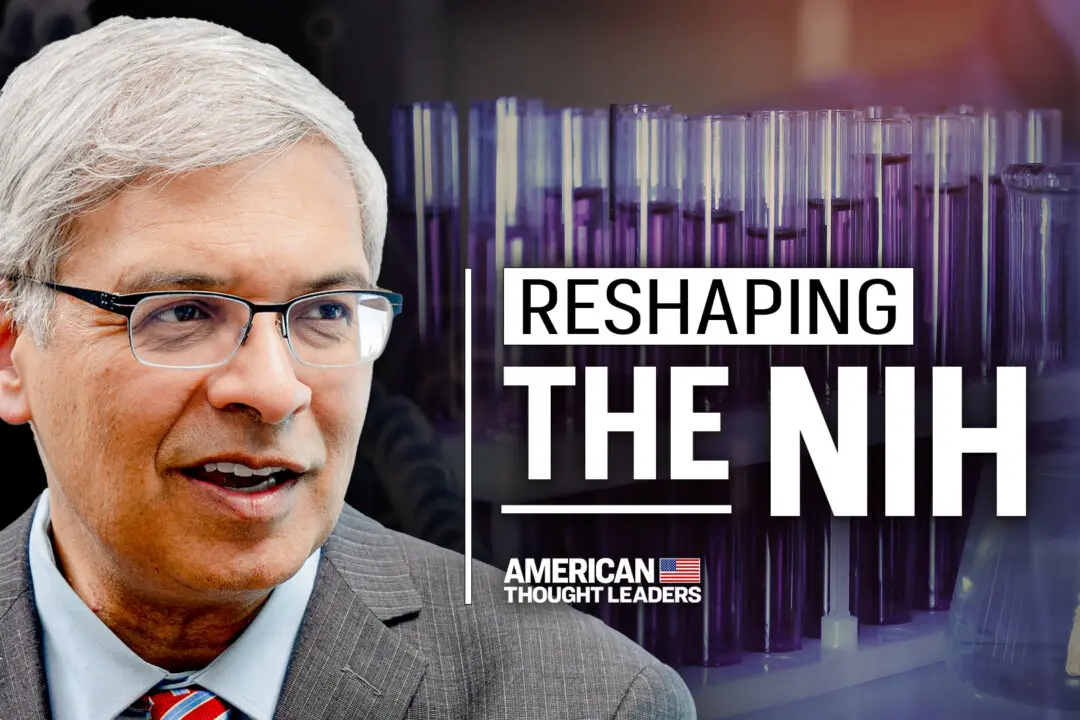The COVID-19 pandemic should serve as a “moment of reckoning” for Canada and other democracies that continue to pander to the Chinese regime, says J. Michael Cole, a Taipei-based senior fellow with the Macdonald-Laurier Institute in Ottawa.
“I hope that the whole COVID-19 outbreak serves as a moment of reckoning among democracies that we need real leadership,” Cole said in an interview with The Epoch Times’ American Thought Leaders program.




